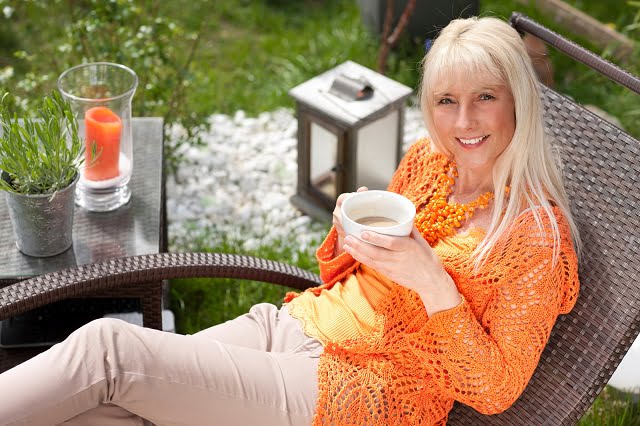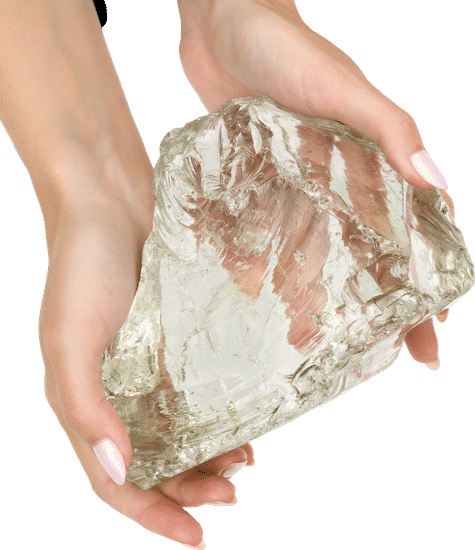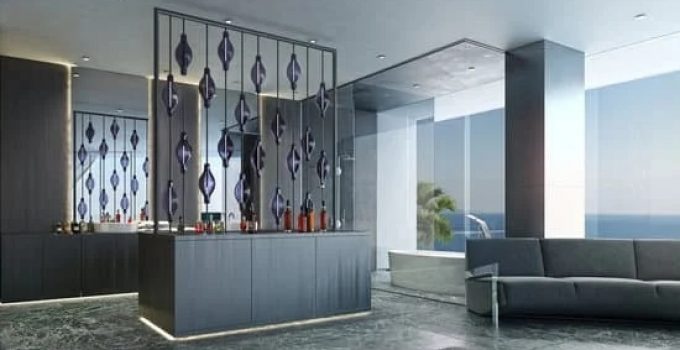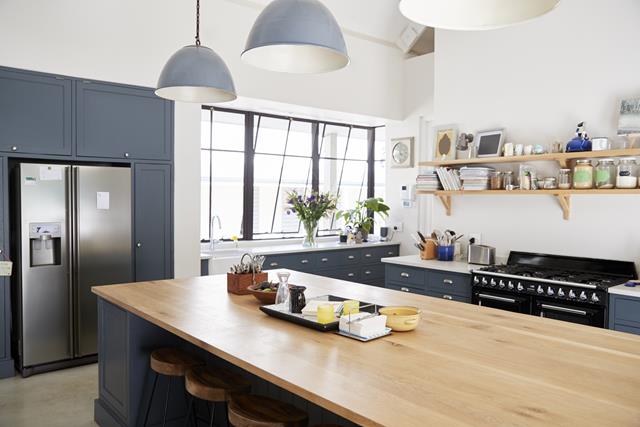What does home decor mean? The concept of home decor encompasses a wide range of elements that come together to create a personalized and welcoming living space. From furniture and lighting to textiles and accessories, home decor plays a crucial role in shaping the ambiance and style of a home. In this article, we will delve into the history, elements, importance, styles, DIY tips, trends, and more to explore the true meaning of home decor.
Throughout history, home decor has evolved from ancient times to modern trends, reflecting changes in culture, technology, and design preferences. Understanding the historical context of home decor provides valuable insights into how it has shaped our living spaces over time. Additionally, we will explore the significance of different elements of home decor such as furniture, lighting, textiles, and accessories in creating a cohesive and inviting environment.
With a focus on the importance of home decor in creating a personalized and welcoming space, we will discuss how it can reflect individual style and personality. From popular styles like minimalist, bohemian, industrial to budget-friendly DIY tips and ideas for decorating your living space creatively – this article aims to provide comprehensive insights on embracing the true meaning of home decor.
History of Home Decor
The history of home decor spans centuries and reflects the cultural, social, and economic changes that have taken place over time. In ancient times, home decor was often a symbol of wealth and status, with lavish furnishings and decorations reserved for the homes of the elite. For example, in ancient Egypt, furniture was often made from precious materials such as ebony and ivory, while in ancient Greece, decorative pottery and intricate mosaics adorned the homes of the upper class.
As societies evolved, so did the styles and trends in home decor. The Middle Ages saw a focus on ornate tapestries, heavy wooden furniture, and richly colored textiles in European homes. The Renaissance brought about a revival of classical architectural elements and an emphasis on symmetry and proportion in interior design. Fast forward to more recent history, and we see the rise of minimalist decor in the mid-20th century, influenced by the clean lines and simplicity of modernist design.
In today’s modern world, home decor trends continue to evolve with each passing year. People are looking for ways to infuse their living spaces with personal style while also embracing functionality. From traditional to contemporary styles, there is no shortage of design influences to draw inspiration from when it comes to decorating one’s home. Whether it’s Scandinavian minimalism or bohemian eclectic, individuals have a wide range of options for expressing themselves through their surroundings.
| Home Decor Style | Description |
|---|---|
| Minimalist | Focuses on clean lines and simplicity; typically uses neutral colors. |
| Bohemian | Eccentric mix of patterns, textures, and ethnic elements; embraces a relaxed and carefree vibe. |
| Industrial | Characterized by raw materials like metal and reclaimed wood; often features exposed brick or ductwork. |
Elements of Home Decor
Home decor encompasses a wide range of elements that come together to create a cohesive and visually appealing living space. These elements include furniture, lighting, textiles, and accessories, all of which play a vital role in shaping the atmosphere and style of a home. Understanding the different components of home decor can help individuals make informed decisions when designing and decorating their living spaces.
The following are the key elements of home decor:
- Furniture: The choice of furniture has a significant impact on the overall look and feel of a room. From sofas and chairs to tables and storage units, each piece of furniture contributes to the functionality and aesthetic appeal of the space.
- Lighting: Proper lighting is essential for creating ambiance and highlighting key areas within a room. Various types of lighting, such as overhead fixtures, lamps, and natural light sources, can be used to enhance the atmosphere and functionality of a space.
- Textiles: Fabrics such as curtains, rugs, pillows, and upholstery add texture, color, and warmth to a room. The selection of textiles can influence the comfort and visual interest within a living space.
- Accessories: Decorative items such as artwork, mirrors, vases, and decorative objects serve as finishing touches that reflect personal style while adding visual interest to the room. These accessories can be easily changed or updated to refresh the look of a space.
By understanding how these elements work together, individuals can effectively utilize them to create a well-designed and inviting living environment. Whether it’s selecting the right furniture pieces or choosing complementary textiles and accessories, each element plays a significant role in defining the character of a home.
The Importance of Home Decor
Home decor is not just about making a space look beautiful – it also plays a significant role in creating a personalized and welcoming environment. By carefully choosing the elements that will adorn our living spaces, we are able to express our personality, style, and create an atmosphere that feels like home. There are several ways in which home decor contributes to the creation of a comfortable and inviting space:
- Reflecting Personality: The way we decorate our homes is often a reflection of who we are. Whether it’s through the choice of colors, patterns, or decorative items, our living spaces can tell a story about our interests, passions, and experiences.
- Setting the Mood: Home decor has the power to set the tone for a room. The use of different lighting fixtures, textiles, and furniture arrangements can create an ambiance that suits the preferences of the inhabitants.
- Cultivating Comfort: One of the primary functions of home decor is to make a space feel comfortable and cozy. From soft textiles like rugs and throw pillows to comfortable seating options, every element should contribute to making a dwelling feel like a warm embrace.
In essence, home decor goes beyond aesthetics – it is about curating an environment that resonates with those who inhabit it. A thoughtful approach to decorating ensures that every aspect reflects the individuality of its occupants while promoting comfort and warmth within the space. Embracing this concept allows for the creation of homes that are not only visually appealing but also deeply personal.
Popular Home Decor Styles
When it comes to home decor, there are several popular styles that have captured the imagination of homeowners and interior designers alike. One of the most prevalent styles in recent years is the minimalist design, characterized by clean lines, simplicity, and a focus on functionality. This style often features a neutral color palette, uncluttered spaces, and a less-is-more approach to furnishings and decor.
On the other end of the spectrum is the Bohemian style, which is all about embracing creativity, individuality, and an eclectic mix of colors and patterns. This style often includes vintage or handmade pieces, layered textiles such as rugs and throws, and an overall relaxed and free-spirited vibe. It’s a great choice for those who want to infuse their living space with personality and warmth.
For those who prefer a more urban and contemporary look, Industrial decor has gained popularity in recent years. Characterized by raw materials such as exposed brick, metal accents, and reclaimed wood, Industrial-style spaces often have a sleek and edgy feel. This style also incorporates elements like utilitarian lighting fixtures and furniture with a worn-in look.
In addition to these popular styles, there are many others worth exploring including Scandinavian, mid-century modern, farmhouse chic, coastal, and traditional among others. Each style offers its own unique aesthetic appeal and can cater to different tastes and preferences when it comes to home decor.
| Style | Description |
|---|---|
| Minimalist | Clean lines, simplicity, neutral colors |
| Bohemian | Ecclectic mix of colors & patterns,vintage or handmade pieces |
| Industrial | Raw materials (exposed brick,reclaimed wood), utilitarian lighting fixtures |
DIY Home Decor
Repurposing and Upcycling
One of the easiest and most budget-friendly ways to decorate your home is by repurposing or upcycling items you already have. Instead of buying new furniture or decor, consider giving new life to old pieces. For example, you could repaint an old dresser, turn wine bottles into decorative vases, or use old crates as wall shelves. Not only is this a sustainable way to decorate, but it also adds a unique and personal touch to your living space.
Handmade Artwork
Creating your own artwork is another great way to add a personal touch to your home decor while staying within your budget. You don’t have to be a professional artist to create beautiful pieces for your walls.
Consider trying your hand at abstract painting, creating a gallery wall with family photos, or making your own macramé wall hanging. Not only will this save you money on expensive artwork, but it will also showcase your creativity and personality throughout your home.
Thrift Store and Flea Market Finds
Shopping at thrift stores and flea markets can uncover hidden gems that can be used in your home decor. From vintage furniture pieces to unique accessories, these places offer affordable options for decorating your living space. Whether you’re looking for a statement piece for your living room or small details to add character to a room, thrift stores and flea markets are great resources for finding budget-friendly decor items that contribute to the overall style of your home.
By incorporating these DIY tips and ideas into your home decor efforts, you can create a personalized and welcoming space without breaking the bank. With some creativity and resourcefulness, you can transform your living space into a place that reflects your unique style and personality while staying within budget.
Home Decor Trends
Embracing Sustainable and Eco-Friendly Designs
In 2021, one of the hottest trends in home decor is the focus on sustainable and eco-friendly designs. With a growing awareness of environmental issues, many homeowners are seeking out decor options that are not only stylish but also kind to the planet.
This trend has led to an increase in the popularity of eco-friendly materials such as bamboo, recycled glass, and reclaimed wood. Additionally, there is a shift towards supporting local artisans and purchasing ethically-sourced home decor products.
Warm and Earthy Color Palettes
Gone are the days of cool grey tones dominating home decor – 2021 is all about embracing warm and earthy color palettes. From soothing shades of terracotta and mustard to deep greens inspired by nature, these colors are being used to create cozy and inviting spaces. In addition to adding warmth to a room, these earthy hues can also evoke a sense of comfort and serenity, making them perfect for creating a relaxing atmosphere within the home.
Multi-Functional Furniture
As more people find themselves working from home or adapting to flexible living arrangements, multi-functional furniture has become increasingly popular in 2021. Pieces that can serve multiple purposes, such as storage ottomans that double as seating or desks that can be folded away when not in use, are essential for maximizing space in smaller homes. This trend reflects the need for practical yet stylish solutions that can adapt to different lifestyles and living situations.
Conclusion
In conclusion, home decor encompasses much more than just furnishing a space with furniture and accessories. It is about creating an environment that reflects your personality, style, and comfort. As we have explored the history of home decor from ancient times to modern trends, it is evident that the idea of decorating living spaces has always been an essential part of human existence.
Understanding the elements of home decor such as furniture, lighting, textiles, and accessories allows individuals to personalize their living spaces. Whether you prefer a minimalist, bohemian, industrial, or any other popular home decor style, the key is to create a welcoming and comfortable environment that suits your taste.
As we look ahead to 2021 and beyond, embracing DIY home decor tips and ideas can help individuals decorate their homes on a budget while still achieving a stylish and personalized look. In addition, staying up-to-date with home decor trends can provide inspiration for refreshing living spaces. Ultimately, the meaning of home decor is about creating a living space that brings joy to those who inhabit it and leaves a lasting impression on visitors.
Frequently Asked Questions
What Does Home Decor Include?
Home decor encompasses a wide range of items and elements that are used to enhance and beautify the interior of a home. This can include furniture, wall art, decorative objects, textiles like curtains and pillows, lighting fixtures, and even plants or other natural elements.
What Is the Significance of Home Decor?
The significance of home decor lies in its ability to create a comfortable and inviting environment within a living space. Well-chosen decor can reflect the personality and tastes of the occupants, while also contributing to a soothing or stimulating atmosphere, depending on their preferences. Additionally, home decor can also make a space more functional by improving organization and storage.
What Do You Call Home Decor?
Home decor is often simply referred to as “decor” or “interior decoration.” It encompasses the artistic and practical choices made to create an aesthetically pleasing environment within a home. From choosing the color scheme of the walls to selecting furniture that complements each other, every decision contributes to the overall home decor.

Hello, lovely readers! I’m Sheila Collins, and I’m delighted to be your trusted guide on this exciting journey of home improvement, design, and lifestyle. As the founder and editor-in-chief of Home Guide Blog, I’m passionate about all things related to homes, and I’m here to share my knowledge, experiences, and insights with you.





